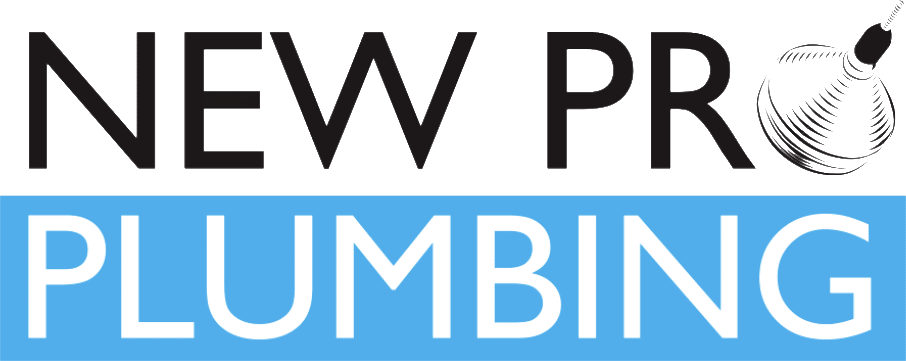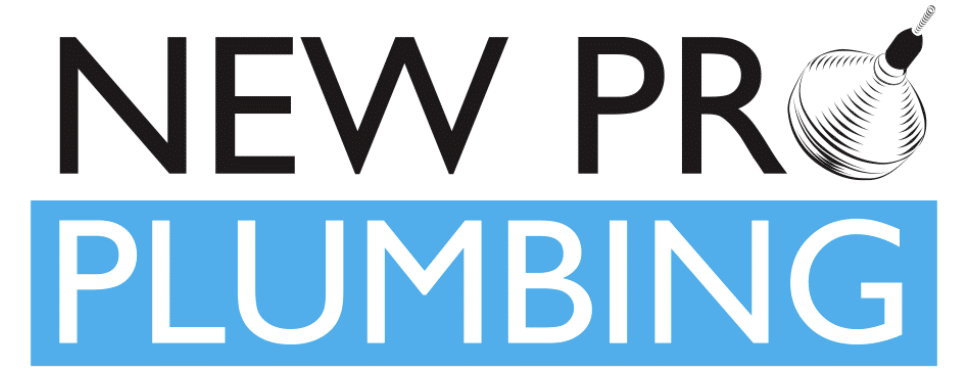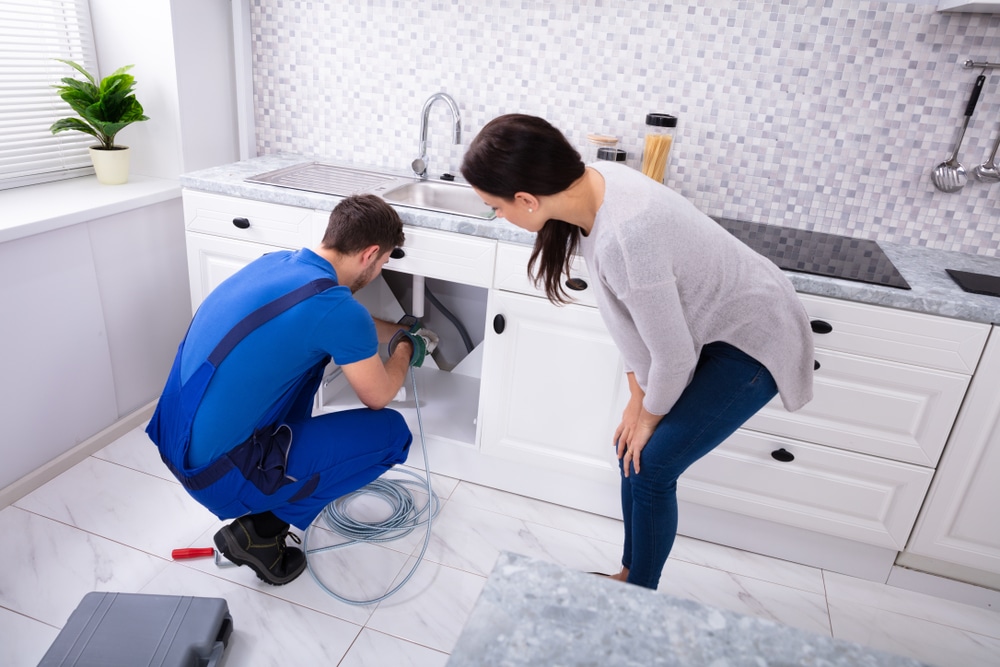Property ownership is an immense responsibility. Whether it’s a residential home or a commercial building, several factors warrant constant attention, one of which is the plumbing system. While it may seem like a minor element when compared to other features of a property, plumbing forms the backbone of a functioning estate.
From clean water supply to efficient waste removal, your plumbing plays a key role in ensuring a healthy and comfortable living or work environment. Like any other system, however, your plumbing requires regular checks and servicing to keep it in optimal working condition. This is where professional plumbing inspections come in, and we at New Pro Plumbing provide precisely this service for clients in Los Angeles and the surrounding areas.
Most property owners tend to ignore their plumbing systems until a problem arises. Unfortunately, by this time, what could have been a simple, easy-to-fix issue may have escalated into a severe, expensive repair. Regular plumbing inspections can prevent such situations, allowing early detection of potential problems and prompt repairs that not only save you from expensive fixes but also avoid unnecessary stress.
In this article, we introduce you to the world of plumbing inspections — its importance, what you should expect during an inspection, and why it’s a crucial practice for every property owner.
What Does a Plumbing Inspection Involve?
A professional plumbing inspection is a comprehensive assessment of all components of your property’s plumbing system, helping you identify current and potential issues. The following are key aspects that a plumbing inspection typically involves:
1. Assessing the Water Supply System: The inspector will check for any visible water leaks, corrosion, or damage on pipes, faucets, and fixtures. They will also test the water pressure and inspect the water meter and shut-off valve to ensure they are functioning correctly.
2. Evaluating the Drainage and Waste System: Drain, waste, and vent (DWV) systems are crucial for proper wastewater disposal. Inspectors will evaluate the condition of your drains and sewer lines, looking for blockages, leaks, or damaged pipes that may impede the flow of wastewater.
3. Inspecting the Water Heater: Water heaters require regular maintenance to ensure they are functioning efficiently and safely. The inspector will assess the unit for any signs of wear, corrosion, or leaks, check the temperature and pressure relief valve (TPR), and evaluate the overall performance of the heater.
4. Testing the Gas Lines: If your property has gas appliances, the plumbing inspector will check the gas lines and connections to ensure there are no leaks or safety hazards.
Key Areas Covered During a Plumbing Inspection
A comprehensive plumbing inspection addresses several essential aspects of your plumbing system, including:
1. Toilets: Inspectors will check for leaks, proper flushing, and secure connections.
2. Faucets and Fixtures: The inspector will assess the condition and functionality of all faucets and fixtures, ensuring proper water flow and the absence of leaks or damage.
3. Drains: All drain systems will be inspected for blockages and any indications of poor water flow.
4. Sewer Lines and Septic System: The inspector will look for any signs of leaks, damage, or blockages in your property’s sewer lines and, if applicable, evaluate the condition and functionality of your septic system.
5. Water Heater: As mentioned earlier, the water heater will be inspected for efficiency and safety concerns.
6. Pipes: All accessible pipes will be checked for damage, corrosion, or leaks that could lead to potential problems.
7. Gas Lines: If applicable, the inspector will verify if gas connections and lines are secure and free of leaks.
Frequency of Plumbing Inspections: When and How Often?
The appropriate frequency of plumbing inspections can vary based on several factors, such as the age and overall condition of your property’s plumbing system, local climate, and usage patterns. However, as a general guideline:
1. Residential Properties: Homeowners should schedule a plumbing inspection at least once every two years. Older homes or homes with a history of plumbing issues may require more frequent inspections.
2. Commercial Properties: Due to the more extensive usage and higher demands placed on commercial plumbing systems, businesses should consider annual inspections to ensure optimal performance and address potential issues promptly.
The Benefits of Regular Plumbing Inspections
Investing in regular plumbing inspections can lead to numerous advantages for property owners, including:
1. Early Problem Detection: Inspections help identify potential issues before they escalate into costly repairs or even dangerous situations.
2. Financial Savings: By addressing minor issues early, you save on expensive repair costs that result from neglecting routine maintenance.
3. Improved Efficiency: A well-maintained plumbing system operates more efficiently, potentially reducing water bills and preventing water damage.
4. Increased Property Value: Demonstrating a history of consistent plumbing maintenance can contribute positively to your property’s value in the event of a sale.
Conclusion
Regular plumbing inspections are a preventive and cost-effective measure that every property owner should prioritize. By investing in the maintenance of your plumbing system, you can avoid expensive repairs, ensure compliance with health and safety standards, and maintain the value and quality of your property. At New Pro Plumbing, our team of qualified professional plumbers in Los Angeles is here to provide comprehensive plumbing inspection services for residential and commercial clients. Contact us today to find out how we can help secure the longevity of your property’s plumbing system.
















